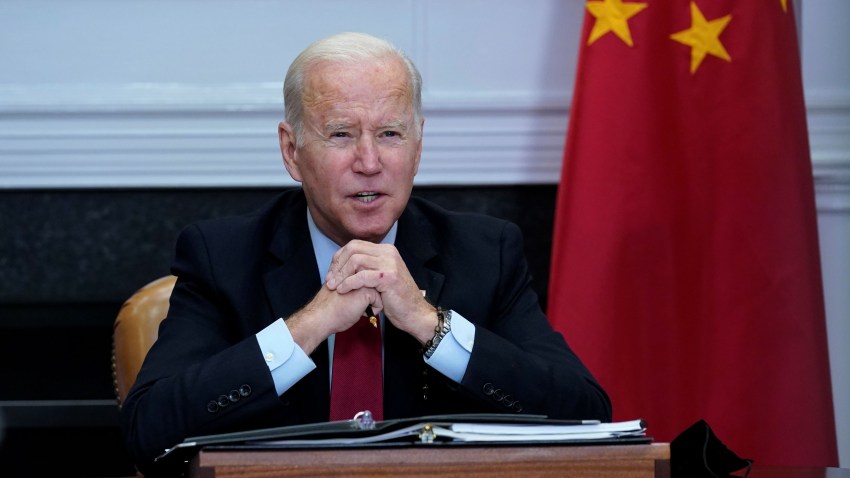Last week, U.S. President Joe Biden’s State of the Union address was short on any substantive discussion of foreign policy. This wasn’t surprising, given how prominently concern over pocketbook issues figures in U.S. domestic politics, compared to interest in global affairs. But when Biden’s speech did finally come around to foreign policy, he zeroed in on an issue that does seem to resonate with Americans, one that has long been singled out as an economic threat and a source of job losses: China.
Biden minced no words when asserting that the U.S. is not interested in accommodating China’s rise as a world power. “I’ve made clear with President Xi that we seek competition, not conflict,” Biden said, before adding, “I will make no apologies that we are investing to make America strong.” His remarks came on the heels of the “balloon incident,” in which the U.S. tracked a high-altitude Chinese surveillance balloon as it passed over the continental United States before shooting it down in U.S. territorial waters off the East Coast. This is on top of continued trade tensions, with the Biden administration maintaining, and even escalating, the trade restrictions imposed by the Trump administration on sales to China of products ranging from semiconductors to consumer electronics.
In short, U.S.-China relations are at a low point. And with U.S.-Russia relations also at their lowest point in decades, the deterioration of ties between Washington and Beijing couldn’t come at a worse time. The path forward is treacherous, and how Washington chooses to navigate it will shape not only current events, but possibly the century ahead. It has three options for how it approaches Beijing going forward: It can oppose China, embrace it or ignore it.

